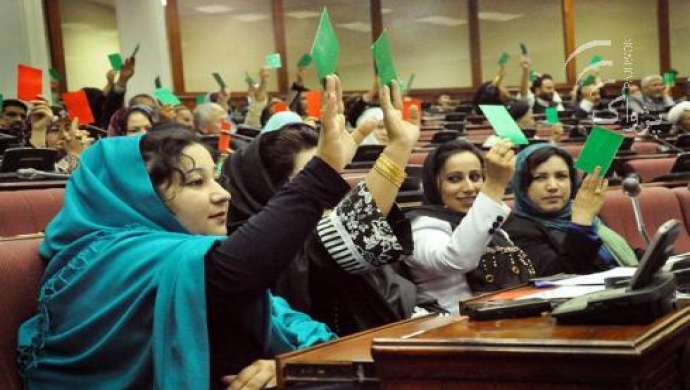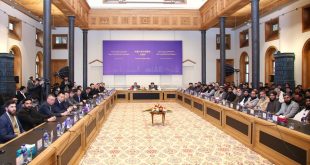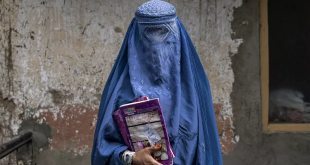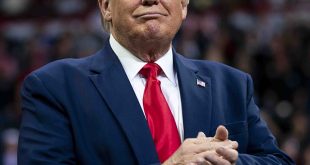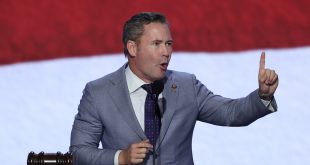The western introduced and backed democracy is not working in Afghanistan. Words of the powerful individuals, groups and institutions become laws in this land. If this was not the case the general masses would have unprecedented trust over the government. Unfortunately, the trust deficit between the state and public is widening with each passing day. Bills targeted at public welfare seldom appear in the parliament because national interests and public interests are interpreted by the lawmakers according to their own view. The Law on Elimination of Violence against Women is a single example to get an idea about how parliamentarians work for welfare of the common people. The law is victim of prejudice. Girls are married forcefully women are tortured and killed. However, there is no law to address this issue effectively and provide cheap and easy justice to the victims.
Similarly, executive branch is always caught in controversies. Nepotism, favoritism and rampant corruption are not the only issues that have eroded the good image of the government. Unchecked authority of the parliament is also posing threat to the existence of the government. Lawmakers often pressurize the government to accept their demands—legitimate and illegitimate—to approve the ministerial nominees from the Wolesi Jirga or save the ministers from disqualification. If the leaders resist the demands it would pay the cost by consuming lot of time to search for right candidates and secure votes of confidence. Resistance of the government is taken as announcement of battle for interests on legal grounds by most of lawmakers. There are still some good legislators in the parliament who cannot be blamed for the decisions taken by the self-centric members of the parliament.
Disqualification of seven ministers, a few days ago, has opened the lid from the uncontrolled authority of the Wolesi Jirga. The parliament decided to summon 19 ministers for not spending 70 percent of the development budget. It was decided that those ministers who could not satisfy the inquisitive minds on floor of the Wolesi Jirga would be sacked. The first day gave the impression that the lawmakers were doing serious job this time. But on the third and fourth day, the MPs did something that left many in shock. Some ministers did not appear before the Wolesi Jirga but they were not fired. The reason was the same though—spending of the development budget. Since the public trust over the parliamentarians is all-times low, therefore, people with wisdom knew the outcome.
However, the disqualification process and criteria had left room for constitutional interpretation and debate open. As the executive and legislative branches are standing against each other and the public are paying the cost. Therefore, the Supreme Court cannot remain silent and watch the constitutional battle as spectator. It is duty of the apex court to interpret the constitution and maintain balance between the two other branches. Intervention of the Supreme Court in this matter is absolutely necessary.
 Afghanistan Times
Afghanistan Times
